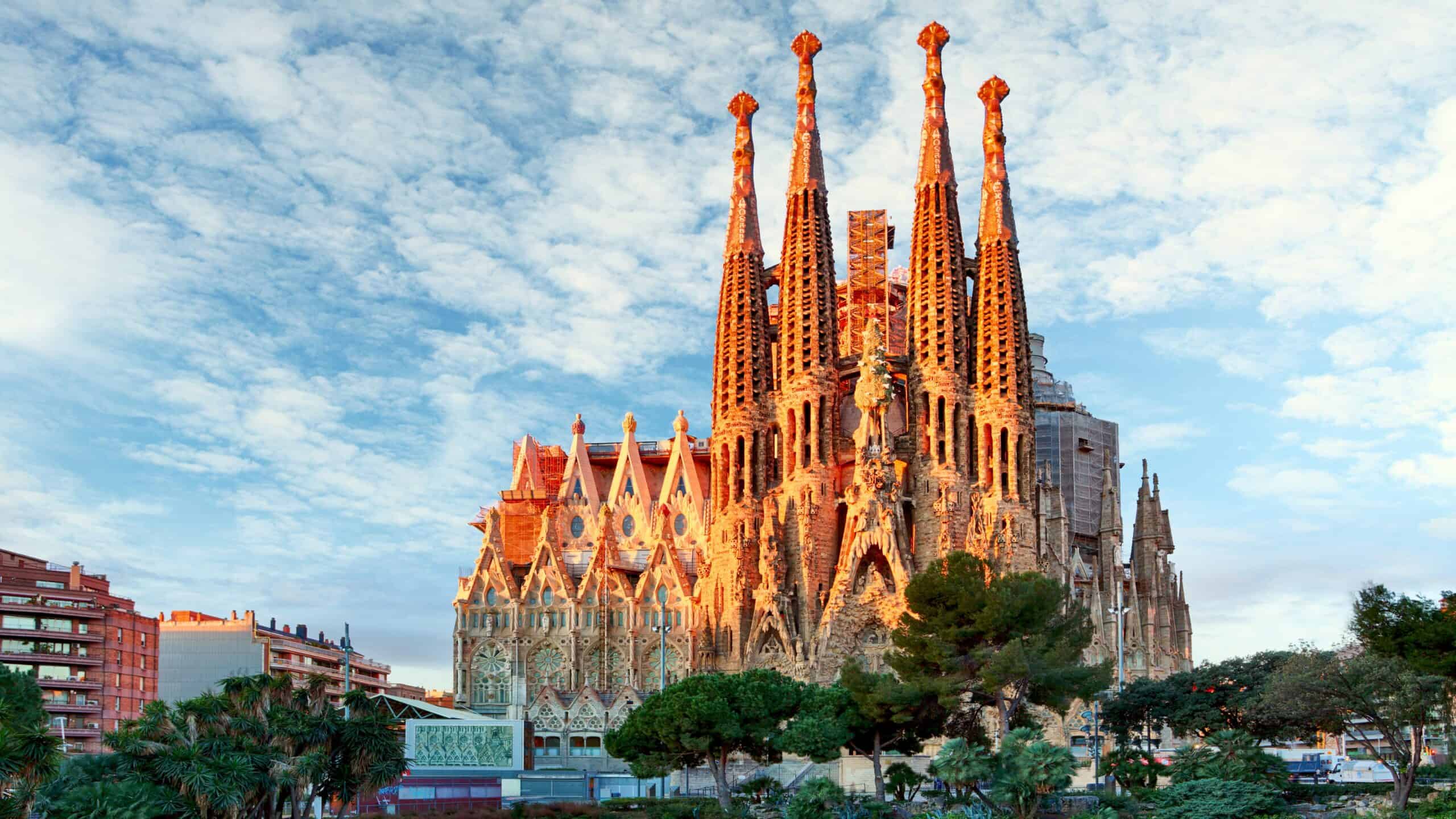Exploring the ideas of lesser-known philosophers can uncover profound insights into human existence and thought. While some names may not be as widely recognized, their contributions to philosophy are significant and impactful. These thinkers have delved into diverse areas, from existentialism and ethics to metaphysics and spirituality, offering unique perspectives that challenge and inspire. By examining their work, we can gain a deeper understanding of the complexities of life and the human condition.
Peter Wessel Zapffe (1899-1990)
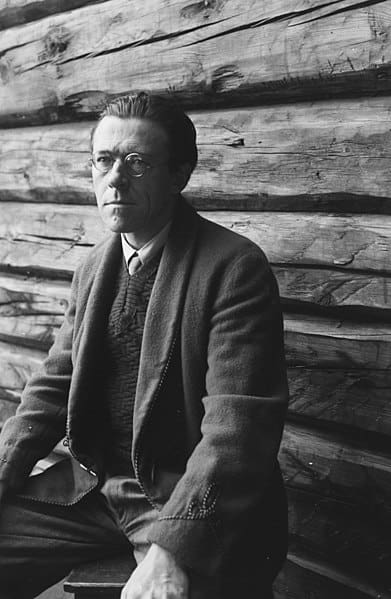
A Norwegian philosopher, Zapffe explored themes of existentialism and human suffering. He posited that human consciousness is an evolutionary mistake, leading to inevitable suffering. His key idea, the “tragic sense of life,” suggests that humans are biologically trapped in an awareness that breeds existential angst. Zapffe believed that humanity’s overdeveloped consciousness created an unavoidable conflict with nature. His works, like “The Last Messiah,” emphasize retreating from life’s inherent contradictions.
Gustav Landauer (1870-1919)
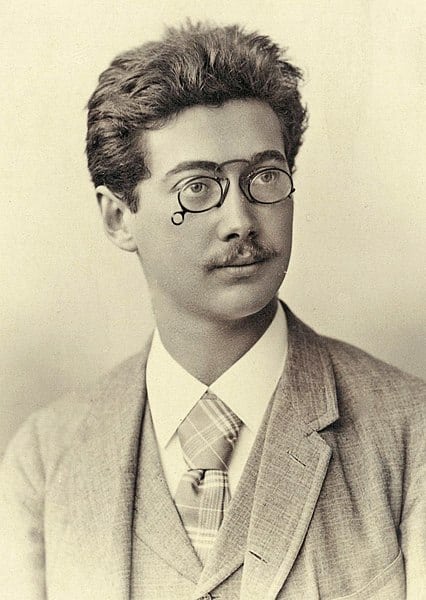
A German anarchist and philosopher, Landauer emphasized the importance of social revolution through spiritual awakening. He argued that true socialism could only be achieved through individuals transforming their consciousness and forming cooperative communities. Landauer’s notion of “spiritual anarchism” sought to merge inner spiritual development with external social change. His ideas influenced many, including the development of communal living practices. Landauer’s legacy lies in his unique blend of anarchism and mysticism.
Simone Weil (1909-1943)
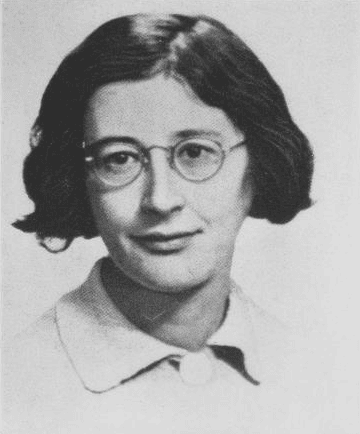
Weil, a French philosopher and mystic, offered profound insights on ethics, religion, and society. She emphasized the concept of “attention” as a form of genuine compassion and moral obligation. Weil believed that true justice and love require a deep, selfless attention to others’ needs. Her work, “The Need for Roots,” explores the spiritual and social dimensions of human life. Weil’s reflections on suffering and the divine have left a lasting impact on contemporary thought.
Nishida Kitaro (1870-1945)
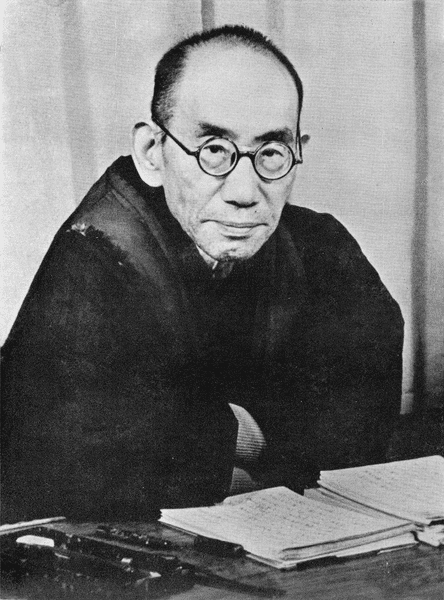
A Japanese philosopher, Nishida is known for founding the Kyoto School and integrating Eastern and Western philosophical traditions. His concept of “pure experience” focuses on the direct, pre-reflective encounter with reality. Nishida argued that this pure experience is the foundation of all knowledge and being. His philosophy bridged Zen Buddhism with Western existentialism and phenomenology. Nishida’s work has profoundly influenced modern Japanese philosophy and global intercultural dialogue.
José Ortega y Gasset (1883-1955)
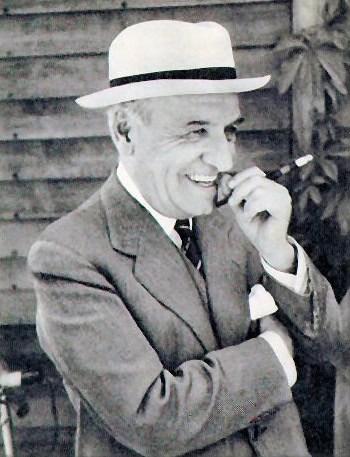
Ortega y Gasset, a Spanish philosopher, is known for his examination of the role of the individual in society. His key concept, “ratiovitalism,” merges rational thought with the vitality of life. Ortega y Gasset argued that human existence is shaped by both rationality and life circumstances, necessitating a balance between the two. His work, “The Revolt of the Masses,” critiques the rise of mass culture and its impact on individual autonomy. Ortega y Gasset’s insights remain relevant in discussions about modernity and individuality.
Jan Patočka (1907-1977)
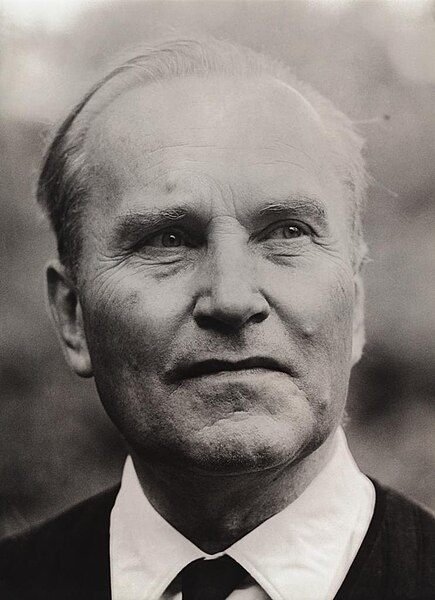
A Czech philosopher, Patočka’s work delves into phenomenology, history, and politics. He emphasized the concept of “care for the soul,” drawing from Socratic traditions to address contemporary existential crises. Patočka argued that true freedom arises from a life devoted to philosophical inquiry and ethical responsibility. His political activism and philosophical insights were pivotal during Czechoslovakia’s resistance to totalitarianism. Patočka’s legacy endures in his profound reflections on human freedom and responsibility.
Abdulkarim Soroush (b. 1945)
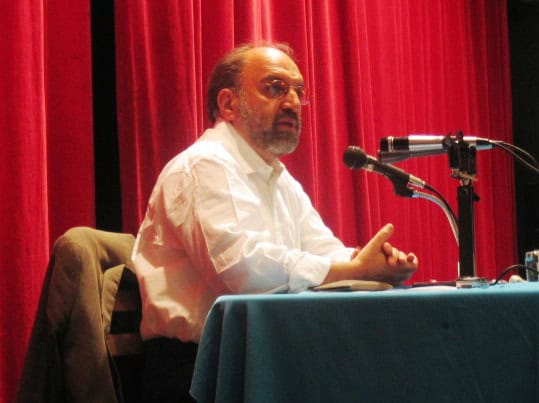
An Iranian philosopher, Soroush is noted for his work on religious reform and epistemology. He introduced the idea of “religious pluralism,” advocating for a dynamic and interpretive understanding of Islamic theology. Soroush argues that religious knowledge is both divine and human, subject to historical and cultural contexts. His views have sparked significant debate and reform within contemporary Islamic thought. Soroush’s contributions highlight the intersections of religion, philosophy, and social change.
Friedrich von Hügel (1852-1925)
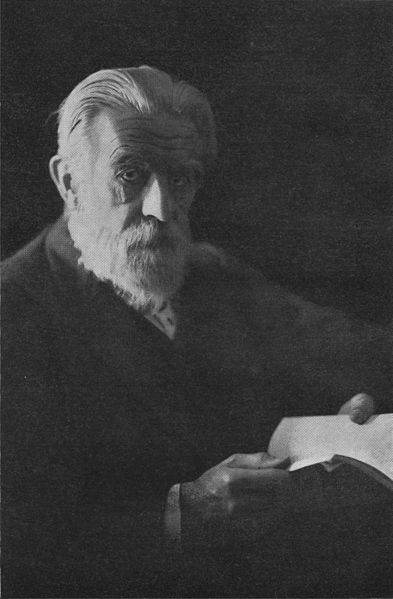
An Austrian-British philosopher and theologian, von Hügel explored the complexities of religious experience. He introduced the concept of the “three elements” in religion: the institutional, the intellectual, and the mystical. Von Hügel argued that a balanced religious life must integrate all three elements to nurture spiritual depth and vitality. His work emphasizes the dynamic and evolving nature of faith. Von Hügel’s insights remain influential in theological and spiritual discourse.
Edith Stein (1891-1942)
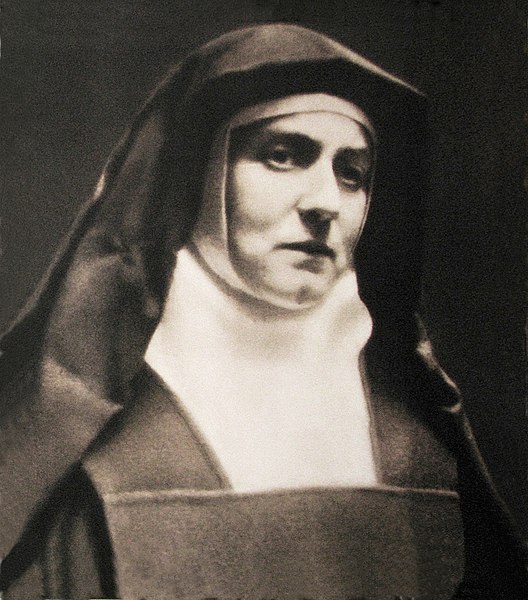
Stein, also known as Saint Teresa Benedicta of the Cross, was a German-Jewish philosopher and nun. Her work in phenomenology, particularly on empathy, provides deep insights into human interconnectedness and understanding. Stein argued that empathy is fundamental to human experience, allowing individuals to grasp others’ emotions and perspectives. Her philosophical and theological writings bridge the gap between phenomenology and Christian mysticism. Stein’s legacy endures through her profound exploration of empathy, faith, and martyrdom.
Meister Eckhart (1260-1328)
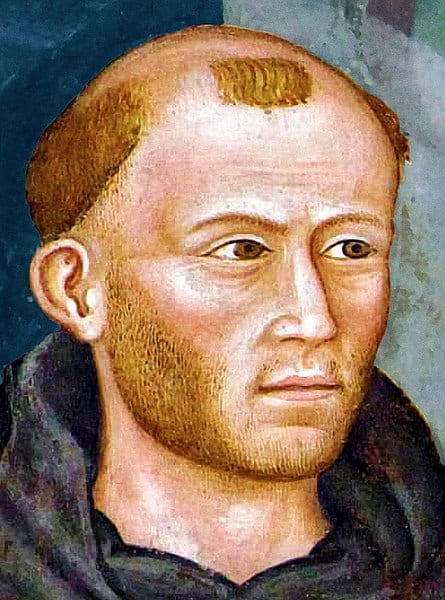
Although not entirely obscure, Eckhart’s profound ideas often remain underappreciated. A German mystic and theologian, he emphasized the direct experience of God through inner contemplation. Eckhart’s concept of “gelassenheit,” or letting-go-ness, advocates for a state of inner surrender to divine will. His sermons and writings encourage a mystical union with God, transcending conventional religious practices. Eckhart’s teachings continue to inspire spiritual seekers and scholars alike.
Henri Bergson (1859-1941)
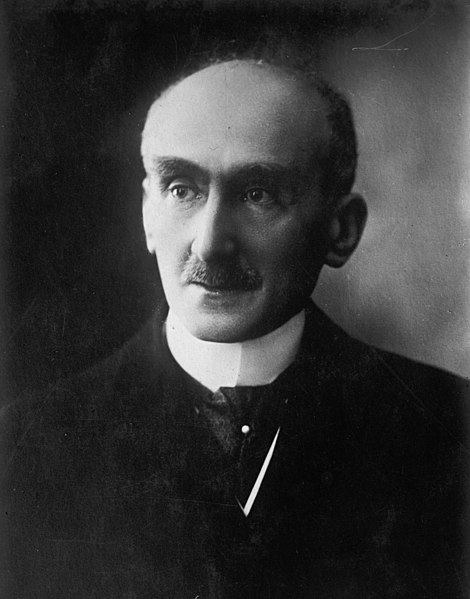
A French philosopher, Bergson is known for his ideas on time, consciousness, and creativity. He introduced the concept of “élan vital,” a vital force driving creative evolution in nature and human life. Bergson argued that intuition, rather than intellect, provides a deeper understanding of reality. His work challenges mechanistic and reductionist views of life, emphasizing the dynamic and fluid nature of existence. Bergson’s philosophy has influenced a wide range of disciplines, from literature to psychology.
Gabriel Marcel (1889-1973)
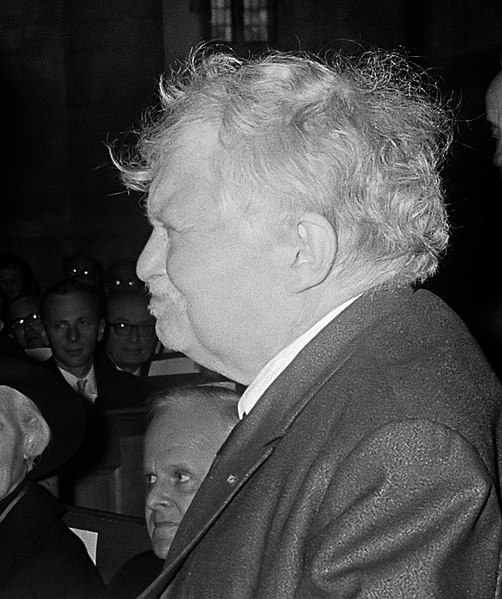
Marcel, a French existentialist philosopher, focused on the concepts of being, hope, and human relationships. He distinguished between “problem” and “mystery,” arguing that while problems can be solved, mysteries are lived experiences that require participation. Marcel’s philosophy of “presence” emphasizes the importance of genuine, empathetic encounters with others. His work critiques the dehumanizing aspects of modernity and technology. Marcel’s existential insights continue to resonate in contemporary philosophical and ethical discussions.
José Vasconcelos (1882-1959)
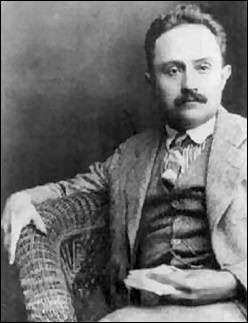
A Mexican philosopher, Vasconcelos is known for his ideas on cultural and spiritual synthesis. He introduced the concept of “la raza cósmica,” envisioning a new, mixed-race future for humanity that transcends racial divisions. Vasconcelos argued that the fusion of diverse cultures would lead to greater creativity and spiritual development. His work played a significant role in shaping Mexican cultural identity and Latin American philosophy. Vasconcelos’s vision of cultural unity remains a powerful and inspiring ideal.
Nikolai Berdyaev (1874-1948)
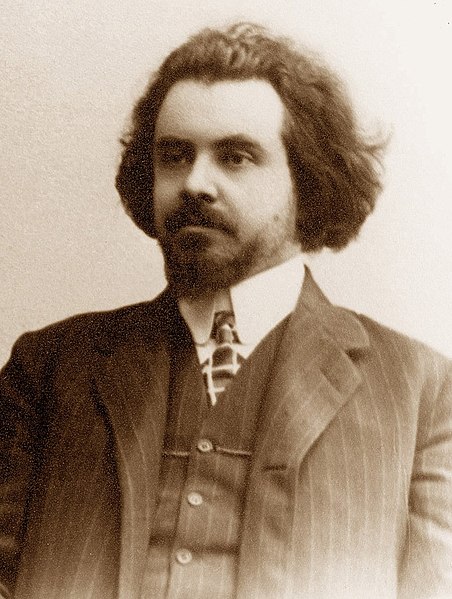
A Russian religious and existential philosopher, Berdyaev explored the interplay between freedom, creativity, and spirituality. He argued that true freedom is found in the creative act, which connects humans to the divine. Berdyaev’s concept of “creativity as theosis” posits that through creativity, individuals participate in divine creation. His work critiques both materialism and authoritarianism, advocating for a spiritually centered personalism. Berdyaev’s writings offer profound insights into the nature of human freedom and creativity.
Simone de Beauvoir (1908-1986)
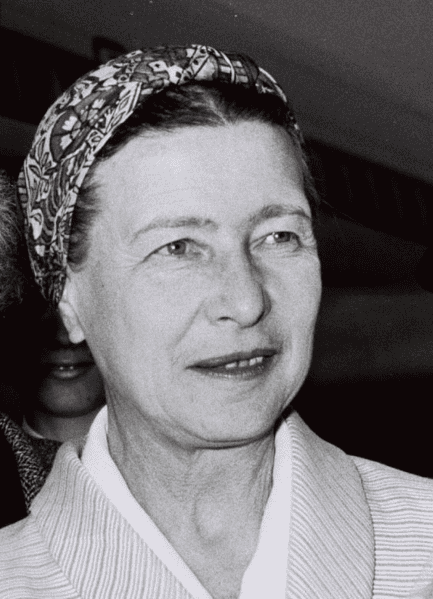
Although renowned for her feminist philosophy, de Beauvoir’s broader existential insights are often overlooked. She explored the nature of freedom, ethics, and the human condition. De Beauvoir argued that individuals must create their own meaning through authentic choices and actions. Her work, “The Ethics of Ambiguity,” addresses the tension between individual freedom and social responsibility. De Beauvoir’s existentialism continues to influence contemporary thought on ethics and identity.
Alain Badiou (b. 1937)
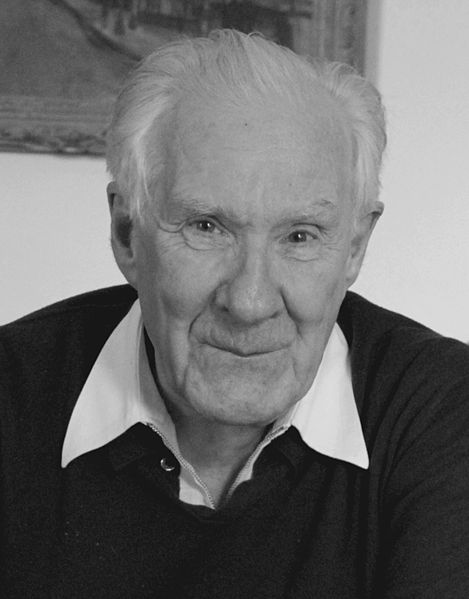
Badiou is known for his work on ontology, politics, and mathematics. He introduced the concept of the “event,” which disrupts established orders and creates new possibilities for truth and existence. Badiou argues that true change occurs through these transformative events, which require fidelity and commitment. His philosophy bridges Marxism, existentialism, and contemporary mathematics, offering a unique framework for understanding change and truth. Badiou’s ideas have significantly impacted political theory and contemporary philosophy.
Emil Cioran (1911-1995)
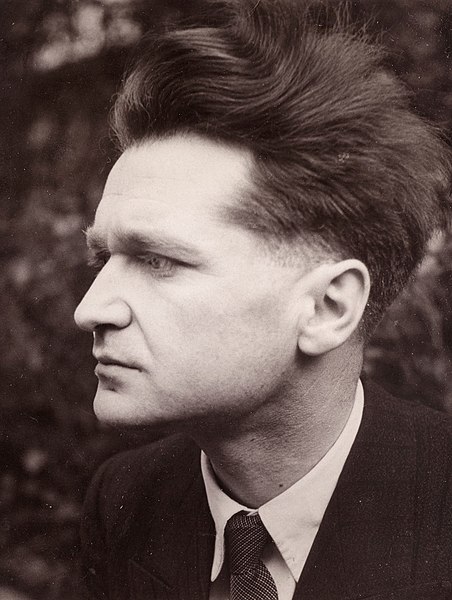
A Romanian-French philosopher, Cioran’s work delves into themes of existential despair and nihilism. He explored the futility of human existence, expressing a profound skepticism about life’s meaning and purpose. Cioran’s aphoristic style and poetic prose convey his deep pessimism and critique of human nature. His works, such as “The Trouble with Being Born,” offer a raw and unfiltered examination of existential suffering. Cioran’s bleak yet insightful reflections challenge readers to confront the darker aspects of human existence.
Nicolas Malebranche (1638-1715)
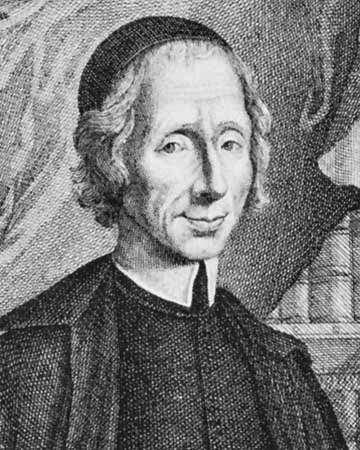
A French philosopher and theologian, Malebranche is known for his doctrine of “occasionalism.” He argued that all interactions in the physical world are occasions for God’s direct intervention, challenging the idea of natural causality. Malebranche’s philosophy emphasizes the dependence of all creation on divine will and action. His work, blending Cartesian rationalism with theological insights, provides a unique perspective on the relationship between God and the world. Malebranche’s ideas continue to be studied for their profound implications on metaphysics and theology.
This article originally appeared on Rarest.org.
More From Rarest.Org
Marsupials are a fascinating group of mammals that carry and nurse their young in pouches. Sadly, many of these unique animals are now rare and endangered due to habitat loss, predation, and other threats. Here, we explore some of the rarest and most endangered marsupials. Read more.
Europe is home to some of the world’s most iconic landmarks. From towering structures to ancient ruins, each landmark tells a unique story. Read more.
Exploring the most expensive zip codes in the world offers a glimpse into areas defined by luxury and exclusivity. These regions are home to some of the priciest real estate on the planet. Read more.


